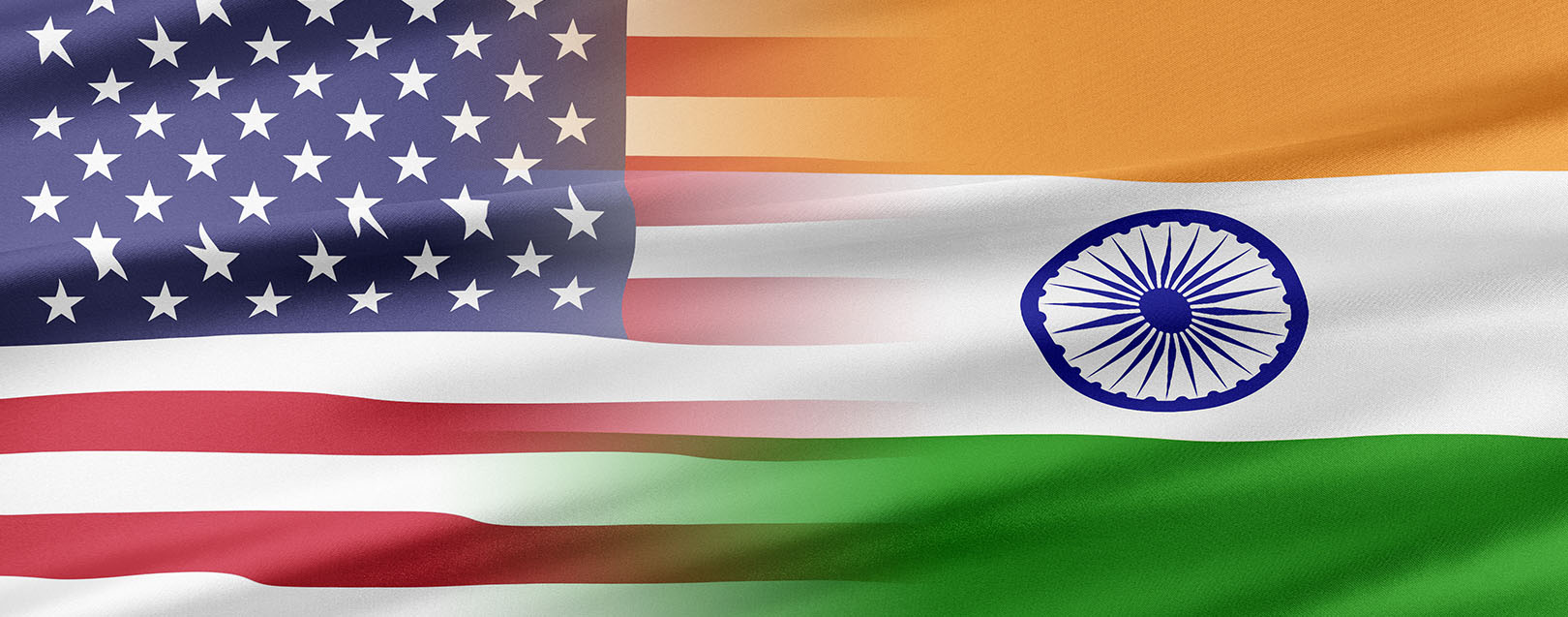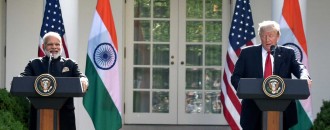
India-US to sustain defence cooperation: James Mattis
The Dollar Business Bureau
In his first call to his Indian counterpart after being appointed, US defence secretary James Mattis assured continued momentum on 'key bilateral defence efforts' between US and India, as reported by Jeff Davis, Pentagon Press Secretary.
“Secretary Mattis and Minister Parrikar affirmed their commitment to sustain the momentum on key bilateral defence efforts to include the defence technology and trade initiative,” he said
After a brief conversation between the two leaders over the phone, Davis said that they had affirmed their commitment to carry forward the bilateral defence cooperation built between the two nations in recent years.
Sustained progress under the Defence Technology and Trade Initiative (DTTI), which promotes co-development of military capabilities between the two countries, was also promised by the new Defence Secretary.
Logistics Exchange Memorandum of Agreement (LEMOA), the flagship deal of India-US bilateral defence ties, was signed during Defence Minister Manohar Parrikar's visit to USA in September 2016. This was considered a major breakthrough in negotiations for the same, which were ongoing since 2004.
Aimed at enhancing the military cooperation between the two nations, the deal ensures mutual logistics support in military exercises undertaken jointly by US and India, disaster management, military training, and other humanitarian crisis.
In the sphere of nuclear cooperation, the Obama administration had inked the landmark 'India–United States Civil Nuclear Agreement' with India in 2008. India was also accorded the status of a 'Major Defence Partner' of US in June 2016, a title shared by close US allies including NATO countries and few others like Philippines, Japan, South Korea, New Zealand and Australia.
The two largest democracies in the world have always had the common thread of freedom and liberalisation bind them into a mutually beneficial strategic relationship.
The anti-free trade stance of the new US government may not be favourable to India, but on the other hand, Trump has explicitly expressed support for counter-terrorism measures against Pakistan in collaboration with India, something which most US Presidents have steered clear of.
India holds critical strategic importance for US in the Southeast Asian region, and assurance of continued progress in defence ties is something to hold on to amidst the otherwise rapidly shifting US foreign policy.






 to success.
to success.